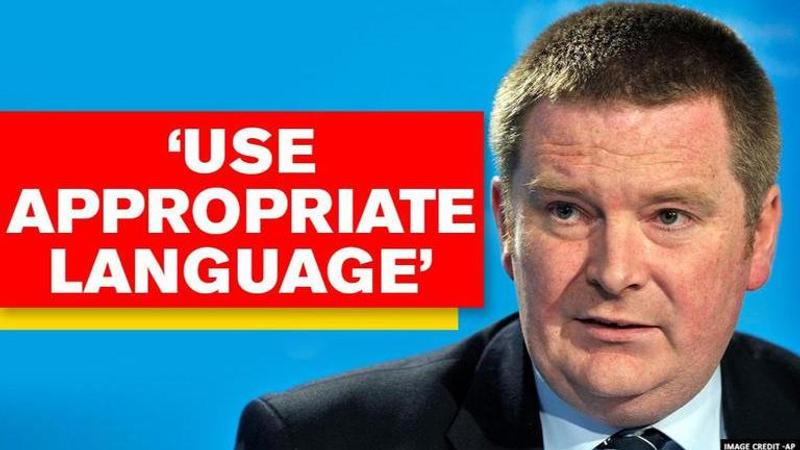Published 16:00 IST, June 30th 2020
WHO says it wants respectful global discourse on COVID-19 after Trump's 'Kung flu' remark
The UN agency would like to have a respectful discourse over coronavirus pandemic, said Executive Director of WHO Health Emergencies Programme Michael Ryan.

Advertisement
The World Health Organisation (WHO) would like to have a respectful discourse over coronavirus pandemic, said Executive Director of WHO Health Emergencies Programme Michael Ryan. During a virtual briefing, Ryan was asked to comment on US President Donald Trump’s “Kung-Flu” remarks, to which he said the UN agency obviously want to have an international discourse that's based on mutual respect.
“And, in that sense, we encourage all people at all levels and in all countries to use language that is appropriate, respectful and is not associated with any connotations that are negative," said the WHO official.
Trump had called the novel coronavirus “Kung Flu”, blaming China for the deadly outbreak across the globe which has now crossed the sombre milestone of 10 million cases. Addressing an election rally in Tulsa, Oklahoma, Trump said that COVID-19 has more names than any other disease in history and he can name different versions of it.
"I can name - Kung flu. I can name 19 different versions of names. Many calls it a virus, which it is. Many calls it a flu. What difference. I think we have 19 or 20 versions of the name," said Trump, playing around the term “Kung Fu” which is a Chinese martial arts practice.
China hits back at Trumo
Responding to Trump’s remark, Chinese Foreign Ministry spokesperson Zhao Lijian said that Beijing firmly opposes any words or actions that try to use the origins of the coronavirus to stigmatise any country. He also emphasised that the World Health Organisation (WHO) and the international community are against linking the virus to any country.
The WHO has often cautioned against the stigma around the contagious disease saying the level of stigma associated with COVID-19 is based on several factors which include the fear of unknown and associating the fear with ‘others’. It has also tried to address the issue of social stigma associated with COVID-19 because people are labelled, stereotyped, discriminated against, and treated separately due to the perceived link to the disease.
Updated 16:00 IST, June 30th 2020




